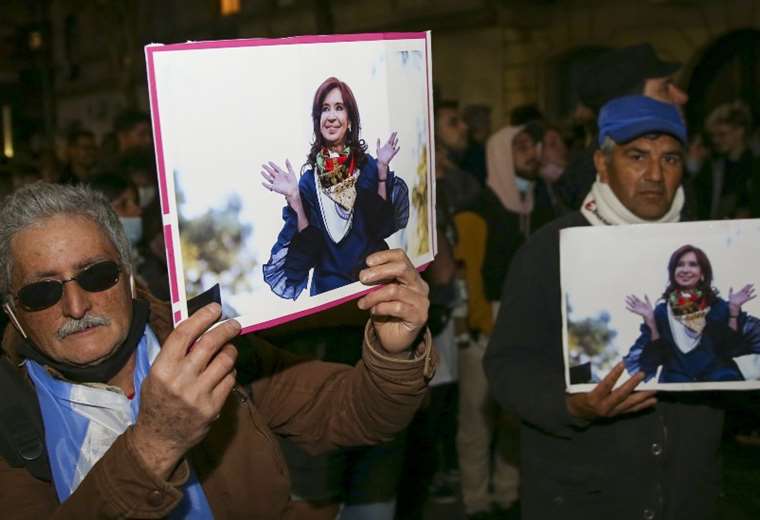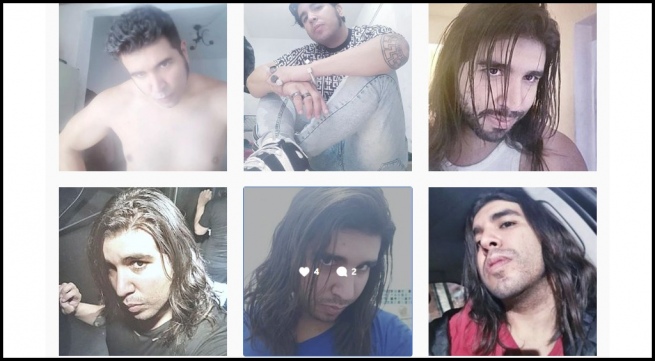September 2, 2022, 11:01 AM
September 2, 2022, 11:01 AM
The authorities in Argentina are still investigating the reasons that led a 35-year-old man of Brazilian origin to attempt against the life of Vice President Cristina Fernández de Kirchner on Thursday night.
But many in this country feel that the attack was not an isolated incident, but the corollary of the atmosphere of extreme tension that has been experienced in the last two weeks.
Argentina leads almost two decades immersed in “the crack”as they call here the polarization between the supporters of Kirchnerism, the populist movement that governed Argentina between 2003 and 2015, and which today is part of the government coalition, and those who are staunch anti-Kirchnerists, mainly those aligned with the former center-right president Mauricio Macri, who succeeded Cristina Kirchner in 2015, for a period.
But that enmity seemed to have reached its peak in the last two weeks, after a prosecutor in a process that judges the former president for corruption asked that she be sentenced to 12 years in prison and barred for life from holding office. public.
It was that request, on August 22, that led hundreds of supporters to gather in front of the vice president’s home to express their support.
That night there were clashes with “anti-K” protesters who had come to celebrate the prosecutor’s request at the same place, but the police managed to separate the groups and there were no serious incidents.
However, since then, the most passionate supporters of the former president had been carrying out a kind of guard or vigil in front of her apartment.
This had heated up the opponents’ spirits since the mobilization was taking place in a place with a high symbolic content: the residential neighborhood of Recoleta, one of the richest and most exclusive in Buenos Aires, but also one of the most anti-Kirchnerist and anti-Peronist. .
Peronism, founded by Juan Domingo Perón more than 70 years ago, is a popular movement that has brought together different political tendencies throughout its history -such as Kirchnerism today- and has led to ideological cracks since the last century, both between Peronists and anti-Peronists and within the movement itself.
loaded gun
After a week of demonstrations and complaints from residents, the situation became tense again on Saturday 27, when the city government, headed by a Macrista politician -and likely candidate in next year’s presidential elections- decided to put up fences in the vicinity of the residence of the vice president to prevent the access of the demonstrators.
In reaction, thousands of Kirchnerist and Peronist supporters gathered at the site to tear down the fences, and clashed with the city policeleaving a balance of 14 police officers injured and three arrested.
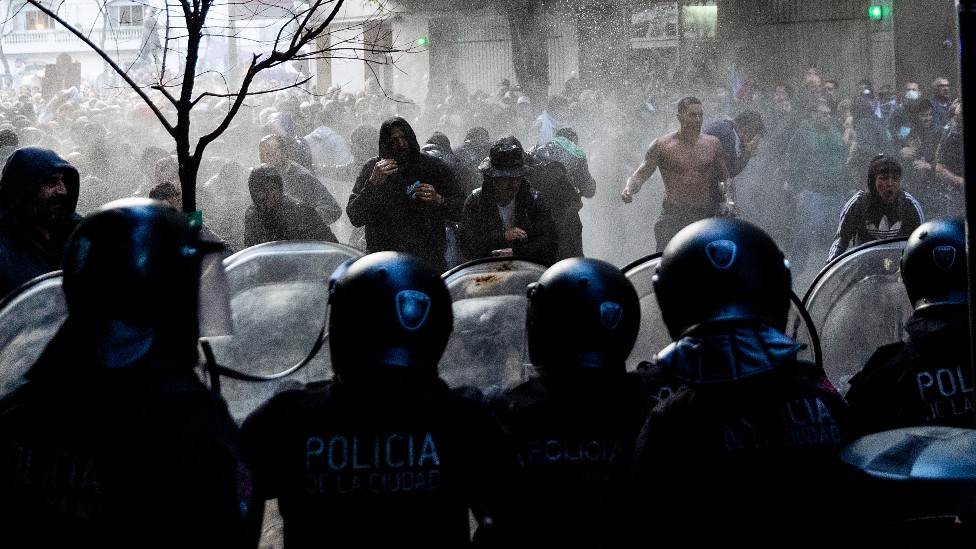
Like what had happened after Monday’s clashes, several observers noted with relief that the incidents had not escalated and led to a more serious outcome.
It was in this environment of extreme tension that the attempt on the life of Cristina Kirchner occurred on Thursday night.
Fernando Sabag Montiel, the alleged attacker, who was arrested by the police, had slipped into the crowd of supporters who were cheering on the vice president when she returned to her residence at around 9:00 p.m. local time.
The chilling images taken by several of the protesters show the moment in which the man brought his weapon inches from the vice president’s face, and – according to the authorities – pulled the trigger.
For reasons still under investigation, the gun did not fire, even though it was loaded with five bullets.
The crisis
This deepening of “the crack” occurs in a context of growing social vulnerability, with an acceleration of inflation that has already surpassed the 70% annual barrierone of the worst in the world.
Close to 40% of Argentines today are poor, a figure that rises to 50% among children under 14 years of age.
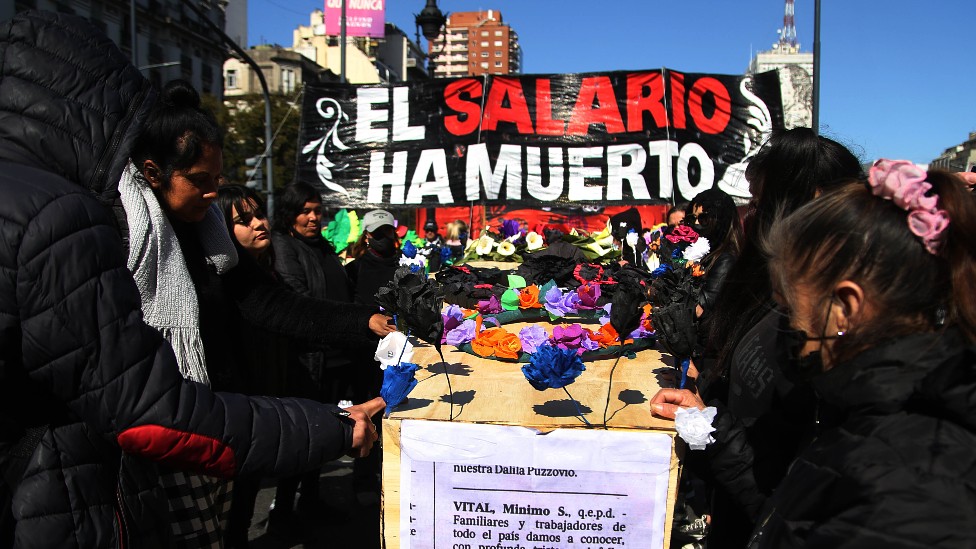
And something that in the past guaranteed protection, such as work, today has already lost that capacity: a third of those employed live below the poverty level, according to 2021 data from the Social Debt Observatory of the Argentine Catholic University.
Y 45% of the population needs help from the State to surviveaccording to the Observatory.
Even the better off have suffered greatly in recent years, losing almost a quarter of their purchasing power in the last five years.
This blow to the pockets of Argentines has increased social sensitivity, causing marches and protests almost daily, which interrupt circulation and further strain the atmosphere in Argentina.
what will happen now
After the failed attack against the vice president, which caused enormous consternation in society and was repudiated by the majority of leaders on both sides of “the crack”President Alberto Fernández spoke on the national network about the seriousness of what happened.
“The social peace has been disturbed“, He said almost at midnight, assuring that the event was “the most serious that has happened since we have recovered our democracy.”
“Cristina remains alive because, for some reason, the weapon that had five bullets did not fire despite being triggered,” he said.
“I call on each and every one of the Argentine men and women, the entire political and social leadership, the media and society in general to reject any form of violence. We need to isolate, not validate and repudiate disqualifying, stigmatizing words and offensives that only divide and confront us,” the president said.
In an act that surprised everyone, the head of state declared a national holiday for the day that was about to begin, so that “in peace and harmony, the people can express themselves in defense of life, democracy and solidarity with our vice president.”
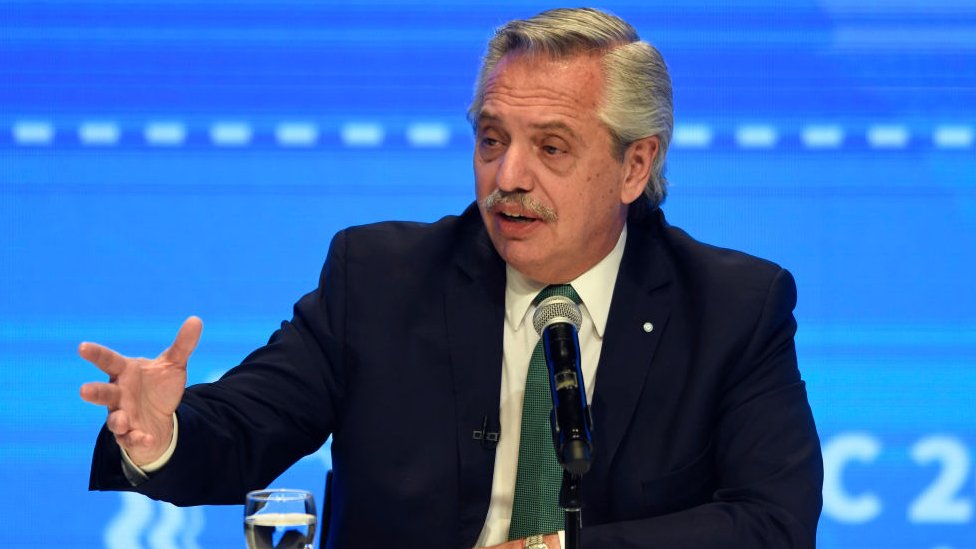
However, many have criticized the decision, considering it imprudent to call for mobilizations at a time of such high political tension.
The country’s main unions called for a march to the emblematic Plaza de Mayoin front of the government headquarters, the Casa Rosada, at 2:00 p.m. local time (17GMT).
Several union leaders made statements in the run-up to the march blaming the critical media, the Justice Department and, above all, the Macrista opposition, for having fostered the “climate of hate” that, in their opinion, led to the attack against the vice president.
Two provinces governed by leaders of the opposition Cambiemos coalition, made up of the macrismo, decided not to adhere to this Friday’s holiday.
“Today we must work normally, which is the best way to repudiate any expression of violence and adherence to social peace,” said the Mendoza government.
Now you can receive notifications from BBC World. Download the new version of our app and activate it so you don’t miss out on our best content.
